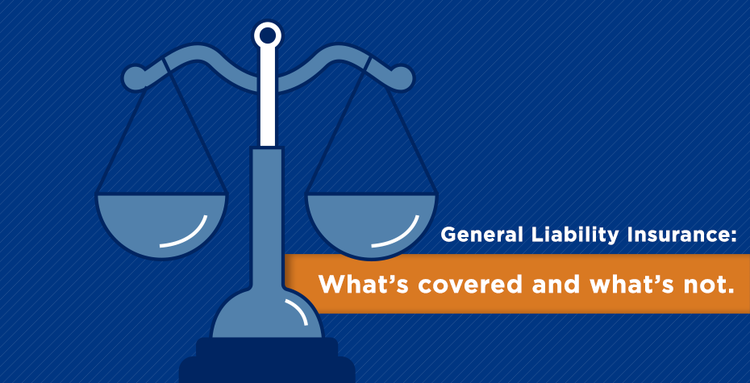
General Liability Insurance and Policy Exclusions
When running a business, one of the smartest decisions you can make is to invest in General Liability Insurance. It provides crucial protection against financial losses if your business is held liable for property damage, bodily injury, or advertising mistakes. However, while it is a safety net, it’s essential to know that not every type of risk is covered. The key lies in understanding your policy exclusions—those specific scenarios where your insurance won’t apply.
Failing to grasp these exclusions can leave business owners exposed to risks they thought were covered. To make an informed decision and protect your company, it’s important to look closely at both what the insurance offers and where coverage stops.
What Is General Liability Insurance?
It is designed to protect businesses from common risks, such as lawsuits and third-party claims. Here are some of the main areas it often covers:
- Bodily injury: If someone is injured on your property, such as a customer slipping and falling, this policy can help cover their medical expenses.
- Property damage: It protects you if your business accidentally damages someone else’s property.
- Personal and advertising injury: If your business is accused of defamation, copyright infringement, or advertising errors, this coverage steps in.
However, while it covers a wide range of situations, it does not provide blanket coverage for every possible claim. That’s why understanding the exclusions in your policy is crucial.
Common Policy Exclusions in General Liability Insurance
When purchasing General Liability Insurance, it’s important to know what is NOT covered. Reviewing exclusions helps you avoid surprises when filing a claim. Here are some typical policy exclusions to watch for:
1. Professional Services
General Liability Insurance does not cover claims related to errors or omissions in professional services you provide. For instance, if you’re an architect and a design error causes issues for a client, this would not be covered. For these cases, you’d need Professional Liability Insurance (often called Errors and Omissions Insurance).
2. Employee Injuries
If an employee is injured at work, General Liability Insurance doesn’t apply. This is where Workers’ Compensation Insurance comes into play. Workers’ comp covers employees’ medical bills, lost wages, and rehabilitation after workplace injuries.
3. Intentional Acts
Your general liability policy won’t cover damages or losses caused by intentional wrongdoing. For example, if an employee purposely causes harm to another person or property, your insurer will deny the claim.
Understanding these exclusions ensures you know what to expect from your policy, and more importantly, where you may need additional coverage to fully protect your business.
Choosing the Right Protection for Your Business
Having a clear understanding of General Liability Insurance and its exclusions can make all the difference when managing risk for your business. When discussing your policy with an insurer, ask questions and read the fine print to identify any gaps in your coverage. Doing so enables you to purchase additional insurance policies, like Professional Liability Insurance or Workers’ Compensation Insurance, to fill those gaps and safeguard your business effectively.
If you’re ready to secure the best General Liability Insurance for your business, contact Insurance Company Bexley Ohio today. We’re here to guide you every step of the way and ensure you’re fully protected.
